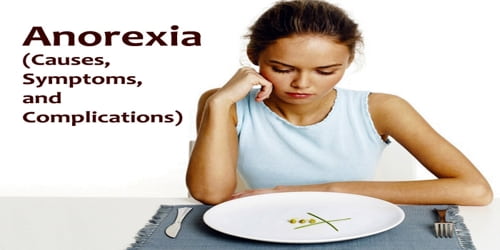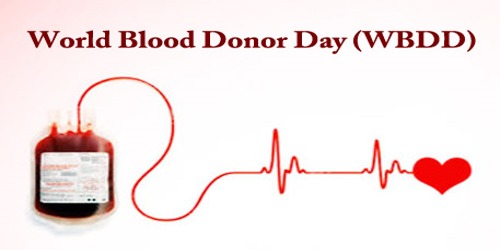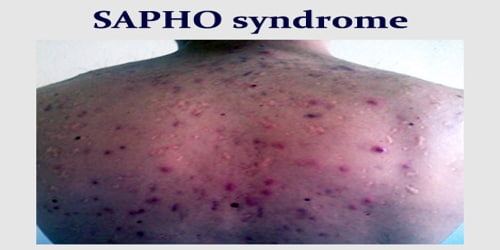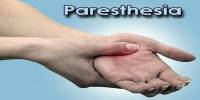Anorexia (Causes, Symptoms, and Complications)
Definition: Anorexia (or anorexia nervosa), from Ancient Greek ανορεξία: ‘ἀν-‘ “without” + ‘όρεξις’, spelled ‘órexis’ meaning “appetite” is a serious mental illness where people are of low weight due to limiting their energy intake. It can affect anyone of any age, gender, or background.
While the term in non-scientific publications is often used interchangeably with anorexia nervosa, many possible causes exist for a decreased appetite, some of which may be harmless, while others indicate a serious clinical condition or pose a significant risk.
Sometimes, someone’s symptoms may not exactly match all the criteria a doctor check for to diagnose anorexia – for example, they may remain at a weight considered “normal” for their age, sex, and expected development. Depending on the exact symptoms, they might be diagnosed with atypical anorexia or another form of other specified feeding or eating disorder (OSFED).
To prevent weight gain or to continue losing weight, people with anorexia usually severely restrict the amount of food they eat. They may control calorie intake by vomiting after eating or by misusing laxatives, diet aids, diuretics or enemas. They may also try to lose weight by exercising excessively. No matter how much weight is lost, the person continues to fear weight gain.
Types of Anorexia:
There are two common types of anorexia, which are as follows:
- Binge/Purge Type – The person struggling with this type of eating disorder will often purge after eating. This alleviates the fear of gaining weight and offsets some of the guilt of having ingested forbidden, or highly restricted food. The compensatory purge behavior by the individual with Binge/Purge Type anorexia may purge by exercising excessively, vomiting or abusing laxatives.
- Restrictive – The individual suffering from restrictive anorexia is often perceived as highly self-disciplined. They restrict the quantity of food, calories and often high fat or high sugar foods. They consume far fewer calories than are needed to maintain a healthy weight. This is a heartbreaking form of self-starvation.
Though two classifications of this eating disorder exist, both types exhibit similar symptoms, such as an irrational fear of weight gain and abnormal eating patterns.
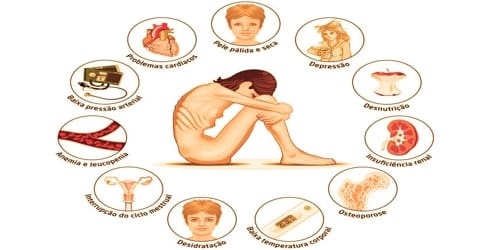
Causes, Signs, and Symptoms of Anorexia: Anorexia can cause severe physical problems because of the effects of starvation on the body. It can lead to loss of muscle strength and reduced bone strength. People whose periods have previously started may find that they stop. They may also find that their sex drive decreases.
The exact cause of anorexia is unknown. As with many diseases, it’s probably a combination of biological, psychological and environmental factors.
- Biological. Although it’s not yet clear which genes are involved, there may be genetic changes that make some people at higher risk of developing anorexia.
- Psychological. Some people with anorexia may have obsessive-compulsive personality traits that make it easier to stick to strict diets and forgo food despite being hungry.
- Environmental. Modern Western culture emphasizes thinness. Success and worth are often equated with being thin. Peer pressure may help fuel the desire to be thin, particularly among young girls.
An individual suffering from anorexia nervosa may reveal one or several signs and symptoms such as:
Physical Symptoms –
- Extreme thinness
- Irregular periods in women
- Lower testosterone in men
- Feeling weak, fatigued, or dizzy, or experiencing fainting spells
- Dry skin that may also take on a yellowish tint
- Bluish color on the tips of the fingers
- Dry hair and hair loss
- Downy hair that grows over the skin in order to keep warm
Anorexia affects all of the organs in the body. If left untreated, the body becomes severely malnourished. This can result in damage that is not treatable, even if the disease is taken under control.
Emotional and behavioral signs and symptoms may include:
- Preoccupation with food, which sometimes includes cooking elaborate meals for others but not eating them
- Frequently skipping meals or refusing to eat
- Denial of hunger or making excuses for not eating
- Eating only a few certain “safe” foods, usually those low in fat and calories
- Adopting rigid meal or eating rituals, such as spitting food out after chewing
- Not wanting to eat in public
- Lying about how much food has been eaten
- Fear of gaining weight that may include repeated weighing or measuring the body
- Frequent checking in the mirror for perceived flaws
- Complaining about being fat or having parts of the body that is fat
- Covering up in layers of clothing
- Flat mood (lack of emotion)
- Social withdrawal
- Irritability
- Insomnia
- Reduced interest in sex
Complications: Anorexia can have numerous complications. At its most severe, it can be fatal. Anorexia is a relatively common condition that can lead patients to have dangerous electrolyte imbalances, leading to acquired long QT syndrome which can result in sudden cardiac death. This can develop over a prolonged period of time, and the risk is further heightened when feeding resumes after a period of abstaining from consumption.
Other complications of anorexia include:
- Anemia
- Heart problems, such as mitral valve prolapse, abnormal heart rhythms or heart failure
- Bone loss (osteoporosis), increasing the risk of fractures
- Loss of muscle
- In females, an absence of a period
- In males, decreased testosterone
- Gastrointestinal problems, such as constipation, bloating or nausea
- Electrolyte abnormalities, such as low blood potassium, sodium, and chloride
- Kidney problems
Care must be taken under such circumstances to avoid potentially fatal complications of refeeding syndrome. In addition to the host of physical complications, people with anorexia also commonly have other mental health disorders as well.
Information Source:
